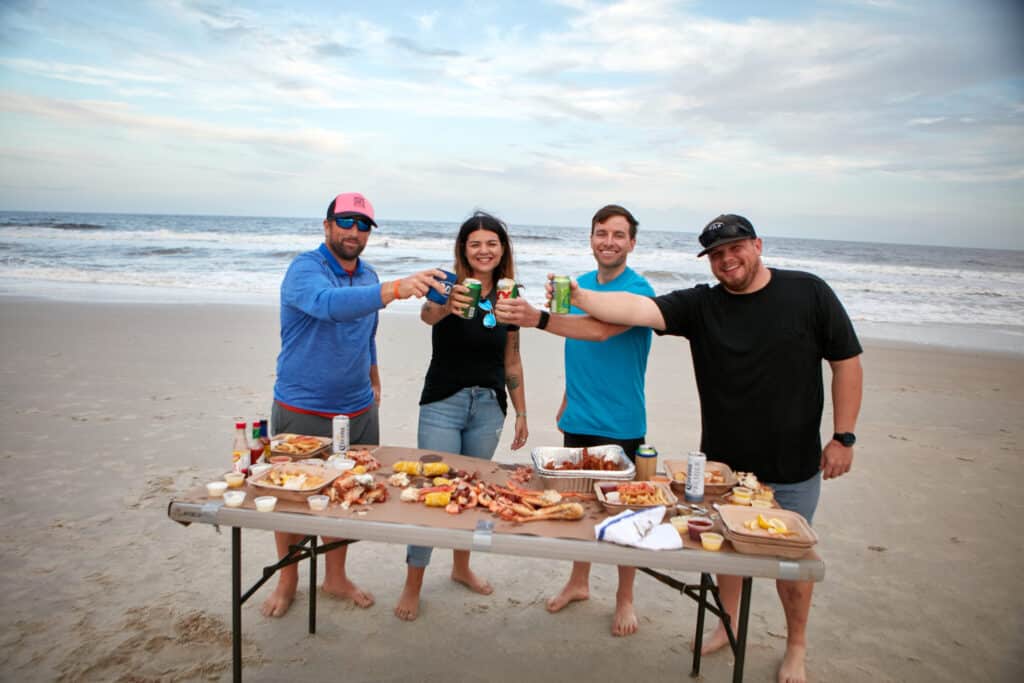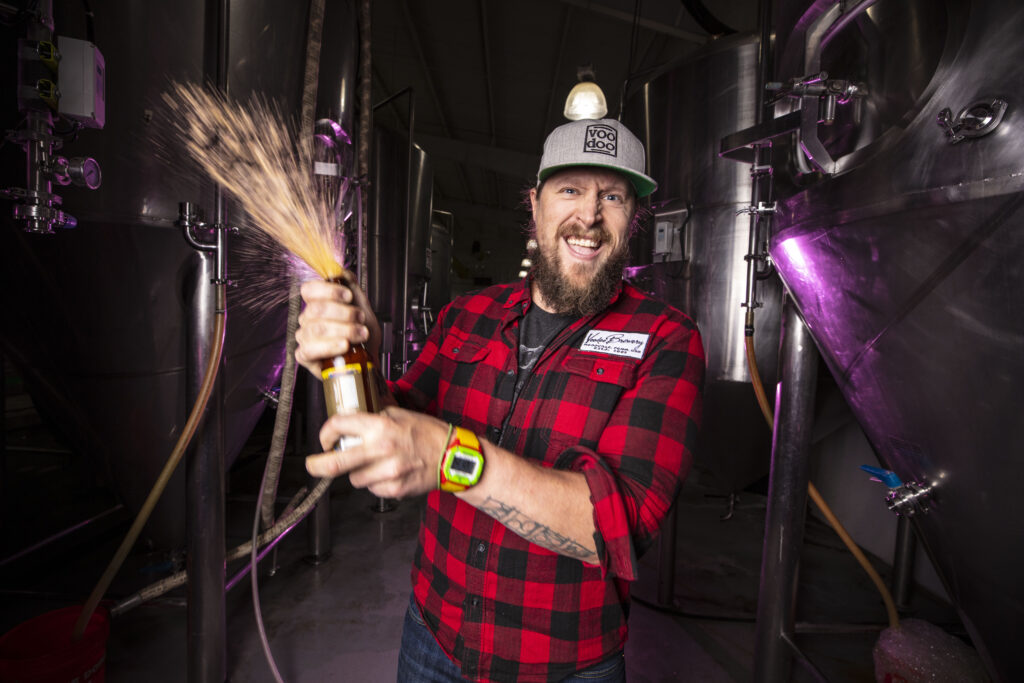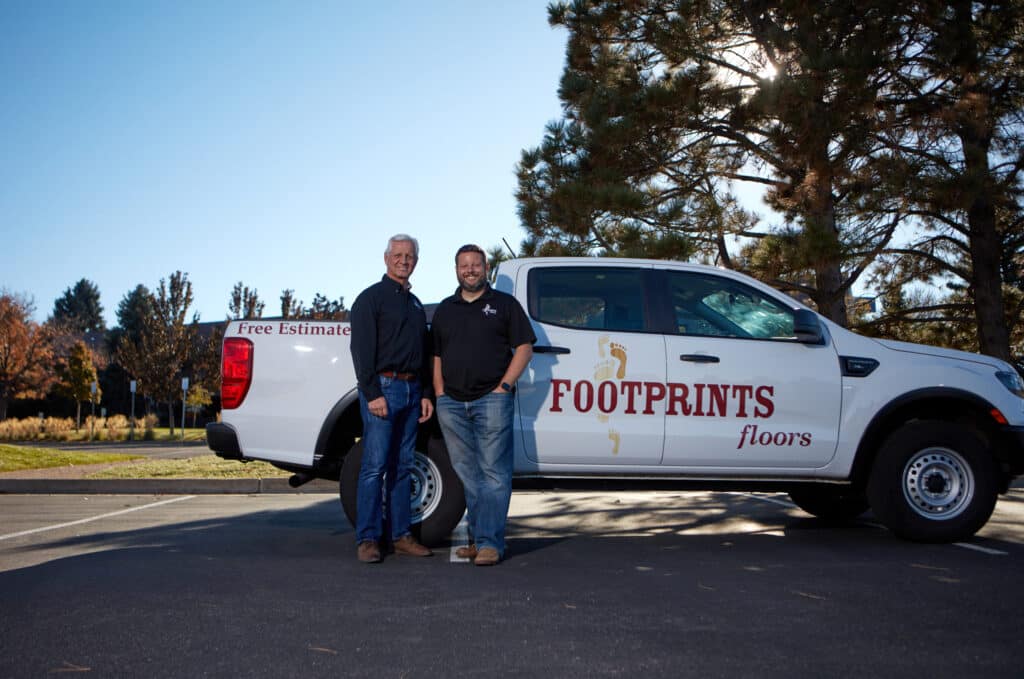Two major pitfalls to avoid when selecting franchise opportunities

If you’ve felt trapped in a dead-end career for years, then you’ve probably spent at least some time daydreaming about better opportunities for the future. At Raintree, a franchise sales organization specializing in franchise development and emerging franchise opportunities, we see no shortage of franchising hopefuls determined to find an opportunity that satisfies one deeply rooted mentality: “do what you love, and the money will follow”.
But we’ve also seen enough to know that blindly pursuing what you love (especially when starting a business) means locking yourself into a series of legal commitments and fixed costs, only to wake up and realize that your “fantasy” offers no chance of meeting your financial goals.
That’s why it’s so important to prepare yourself mentally for the franchise exploration phase – a critical period when candidates begin narrowing their franchise list of options and digging into research on their preferred brands.
The business environment is highly competitive; becoming the self-employed franchise owner of a lucrative business involves so much more than passionate daydreams. And there’s nothing more tragic than watching newly minted franchise owners jump headfirst into franchise opportunities only to discover their deeply rooted need for “passion” never materialized, and neither did the money.
There are two major pitfalls to avoid when buying a franchise. The first is all about placing passion and career dreams above the realities of business ownership. The second is all about jumping at your instincts without verifying those ideas with actual market data.
Love and passion are emotional elements of decision making, and they help motivate us to take risks that we might otherwise shy away from. But they must be paired with the more logical and strategic considerations to yield sound business decisions.
When considering franchise opportunities, make sure that you peel back strong emotional ties to franchising so that you can also consider the realities of your:
- Life circumstances
- Personal and career needs
- Financial goals
The phrase “do what you love, the money will follow” is a beautiful sentiment, great for motivational speakers and life coaches, but it’s not enough. Labors of love don’t necessarily pay the bills.
If you’ve ever taken an economics class, then you may remember that the market is primarily determined by the laws of supply and demand. The market won’t place any degree of value on your business simply because of your strong emotional investment in it. If your business doesn’t supply something customers want at a price they are willing to pay, the demand simply won’t be there. And that’s that.
We would certainly agree about the need to be passionate – but more than anything, you must be passionate about the process of starting and maintaining a business. The key is in learning what type of skills you need to properly maintain that business. The bottom line is that while your interests do matter, passion alone is a poor investment strategy!
I’ve seen this play out poorly for some folks over the years, and it usually goes poorly because the perception of “busy” doesn’t necessarily mean “profitable”, or even “successful”.
For example, Raintree was once approached by a franchise brand looking for representation. They submitted their application along with some amazing marketing materials. The photos showed lines of customers out the door and at multiple different locations. Countless online reviews trumpeted “I love this place” and “it’s always busy”, which very convincingly seemed to validate the demand.
While on the surface, the brand looked like a giant success, as we dug into the financials, we discovered that an average net profit of 5% (far below the 20% profit margin, at a minimum, that we look for when adding new brands to the Raintree portfolio). And what’s worse, the ROI for the brand was about seven years.
In fact, 30% of the brand’s existing franchise owners failed within three years of operating because the profit margins, at least relative to other opportunities, simply weren’t there. Those owners had decided to cut their losses and move on to other opportunities.
As we looked closer, we discovered that operational efficiencies weren’t dialed in within the model, and we ultimately declined to represent that franchise opportunity.
The second major pitfall involves sensing an opportunity and lunging at it. Did your franchise journey begin with some variation of the above statement? If so, I’d exercise caution.
Indeed, you may be onto something: when a new business meets an unmet community need, their odds of financial success go up dramatically. But as I said before, the economic environment tends to be highly competitive. If a certain type of business isn’t as present in your community as you think it should be, there may be good reason. This is one of the advantages of buying a franchise through a franchise sales organization like Raintree, because we’ve already done the heavy lifting around vetting the brand’s financials.
Simply put, love, passion, intuition, and even hype, aren’t everything. For a business to be sustainably successful, it must help you meet your financial goals. That may seem easy enough – just look for the cold, hard data on profitability. But finding a quality franchise opportunity is only half the battle.
A successful franchisor-franchisee relationship has so much to do with compatibility, just like a marriage. If you, as an individual, are not aligned with the brand’s culture and values, then even becoming owner of the strongest emerging brand out there may not guarantee success. A great match involves pairing your skill sets and personality with each franchise opportunity on your list.
1. “I’ll match my skill sets to those of the top performing franchise owners.”
Let’s start by taking the example of the most well-known type of franchise – the burger franchise. Remember that just because you love burgers (and other popular franchise goods and services) AND your market may have an opening for that specific type of product or service, it doesn’t necessarily mean that you are the right person for the job.
Succeeding in a particular niche isn’t as straightforward as it looks. Strong business cultures require very particular skill set configurations from their owners. It’s easy for those nuances to go unnoticed as we go about our day-to-day lives, so few have a true appreciation for the impact that owner skill sets and personalities have on how businesses operate.
When it comes to awarding franchises, quality franchisors will protect against skill and personality mismatches by taking extra care in evaluating candidates. But as an aspiring franchisee, you shouldn’t rely on the franchisor to do this for you. Otherwise, you might miss just how much franchise owner qualities factor into the positive experiences of a great brand.
How to Conduct a Skill Set Self-Audit
Be thoughtful and honest with yourself, and make sure that your decision is driven by who you are, instead of fantasies built around who you could be. Your own background and attitude has everything to do with your success as a business owner.
At Raintree, we use a meta-analysis profiling and assessment tool to ensure that franchises are awarded not only to candidates that possess the right skills, but also have psychographics, personalities, and other factors that align with the brand.
While more thorough evaluations make for the best franchise-franchisee pairings, you don’t need this level of technology to do a more basic self-assessment.
In fact, you can take a simple self-audit that starts by looking closely at your resume and/or LinkedIn profile and noting:
- What skills did I need to do each task?
- Did I enjoy using those skills?
- Was I successful in achieving the objectives while using those skills?
- What skills did I lack?
- What tasks did I not enjoy?
- Where did I not see success?
If you’re being completely honest with yourself, this self-reflection will yield a much clearer sense of your own strengths and weaknesses.
Now compare how your own personal work history will align with the tasks and role responsibilities of franchise owners for a given brand. Good franchise brands will usually place this information front and center, making clear the skill sets to look for in a franchise owner.
If you’re unsure of where to find this information for the brand that you’re considering, you can usually locate it on the franchise website or in the franchisee candidate materials that have (ideally) been shared with you. If not, you can always schedule a call with the brand development representatives and ask about what skill sets are common among that brand’s top franchise owners.
And if the brand development representatives can’t answer this question clearly, I dare say it’s a sign that you should move on to the next franchise.
While having the pre-requisite skills will indicate a great match on the franchisor’s side, it may not be enough to guarantee your happiness as a franchise owner for that brand. Culture-fit is something slightly different from a skill set and personality aptitude, and without a solid culture-fit, it might be difficult for you to feel happy or content.
Specifically, personality makes a powerful difference in the success of a franchise business. There is no such thing as a “wrong” or “bad” personality. Certain personalities and temperaments can be better suited to one franchise opportunity over another. The key here is looking for your ideal culture-fit.
Simply put, it’s happy owners who feel securely embedded within the organization who truly excel in building cohesive teams of happy managers and employees. Without that spark of truly fitting within your role and the organization that keeps owners motivated and consistent in serving their daily responsibilities.
Believe it or not, customer experiences are influenced almost entirely by the culture fostered within the company and business establishment. And it goes without saying that company culture is a direct reflection of how well the owner and business culture mesh. Culture-fit is a prerequisite for a well-adapted business culture, which in turn is one of the most significant determinants of a business’s performance.
How to Know if You’re a Culture-Fit
There’s a strong relationship between business culture, leadership behavior, and your job satisfaction as a franchise owner. That’s why quality brands put this information front and center.
More often than not, those brands will have a long list of brochures, presentations, and videos available, which are designed to clearly communicate their values. Through the shared knowledge of franchise owners and brand representatives, you’ll have a clear understanding of the brand’s culture and why those owners and business leaders do what they do.
So don’t just look for information on the unit level economics, brand differentiators or support offerings. Pay close attention to all aspects of the brand, which will require you to observe, listen, and carefully decide if you share a similar world view with the brand you’re considering. If you do, then the brand may have earned a spot on your short-list of top franchises in your initial exploration phase.
If you progress through to the later stages in the process, it’s likely that you’ll be offered an opportunity to consult directly with current franchise owners – an important step that the franchise world often refers to as validation. Should you make it to the validation step, know that this is your chance to double-check that your initial read on the brand’s culture-fit is correct. Don’t skip this opportunity to ask very direct questions about values, expectations around franchisor-franchisee interactions, and other important questions related to the culture of the brand.
While passion and market-demand can be great starting points during the exploration phase where you investigate each franchise opportunity, those considerations alone are not guaranteed to position you for franchising success. While they can be useful in narrowing down long lists of franchises to explore, they don’t help you assess whether a particular franchise opportunity is geared to help you meet important financial and career goals.
Along similar lines, just because a franchise brand is growing quickly and has a long list of happy, wealthy owners doesn’t necessarily mean that you’re a shoo-in for success and happiness with that brand. Your skill sets and unique personality will always factor into finding a great match.
The best predictors of your success come from finding out how people like you are performing as franchisees of a particular brand. If you can locate people with similar skill sets and mentalities within a brand, whether they are in the top performers or not, it gives you a fairly reliable indication that you can expect to achieve similar results by following along that same path.
And if your own personality, background and skillsets match what’s required for a secure brand culture-fit AND you also happen to be passionate about the product or service offered, then you may just have hit the franchise investment lottery!
To learn more about Raintree, an industry leader in national franchise sales and expert in franchise development, visit our website and speak with Raintree’s top franchise consultants today!
- Blindly pursuing your passions and interests
- Jumping impulsively at your intuitions (and without checking the data)
- You have a clear idea of all reasons why you want to become a franchise owner, especially with respect to your financial goals
- Your ability to make logical, rational business decisions does not get hijacked by your emotions
- You consider the total range of relevant factors, including professional background, skillset, and personality, as well as culture-fit with the brand
- Strong financial data suggesting a lucrative, sustainable business model
- Marketing materials that boldly communicate the culture and realities of franchising with the brand
- A deep investment in vetting the quality and skillsets of their franchisees

CHAPTER 2:
Lorem ipsum dolor sit amet, consectetur adipiscing elit. Ut elit tellus, luctus nec ullamcorper mattis, pulvinar dapibus leo.

Lorem ipsum dolor sit amet, consectetur adipiscing elit. Ut elit tellus, luctus nec ullamcorper mattis, pulvinar dapibus leo.

Lorem ipsum dolor sit amet, consectetur adipiscing elit. Ut elit tellus, luctus nec ullamcorper mattis, pulvinar dapibus leo.

Lorem ipsum dolor sit amet, consectetur adipiscing elit. Ut elit tellus, luctus nec ullamcorper mattis, pulvinar dapibus leo.

1040 S Gaylord St.
Denver CO 80209
[email protected]



